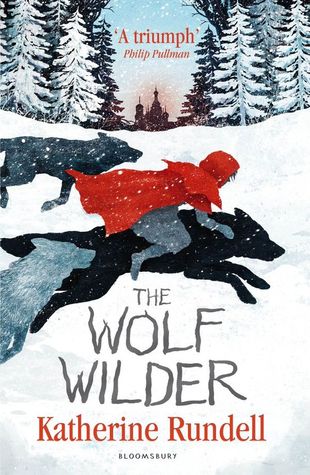
With the release of a new edition of The Wolf Wilder, with additional illustrations by Gelrev Ongbico, we spoke with author Katherine Rundell about the success of the book. We found out coincidentally that The Wolf Wilder has been nominated for the 2017 CILIP Carnegie Medal. A deserving accolade. Congratulations Katherine. Thanks for answering our questions.
Where did the idea for ‘The Wolf Wilder’ come from?
A wolf wilder, in the book, is a person who takes tame wolves and re-wilds them, teaches them to hunt and howl, and then releases them into the woods of Russia. It’s based on a real-life process of lion-wilding; I spent part of my childhood in Zimbabwe, where there is a programme that allows lions brought up as pets to live wilder lives.
The book is currently sitting on an average rating of 4 out of 5 stars on Goodreads (with over 1 500 ratings). Does the success of the book surprise you?
Yes! But I am utterly thrilled that it’s been selling. All you ever want, as a children’s writer, is to get the book into the hands of as many kids as you can.
How do you deal with the pressure to be active on social media?
I’m on Twitter, which I actually rather love; I made some wonderful real-life friends via Twitter, and it’s where I hear about new books. Twitter is a crazed devourer of time, though – when I have deadlines I do go on Twitter hiatus and disappear.
What is it about wolves that appeals to you? Why do you think the subject appeals to young readers?
I have always loved wolves; I love their beauty, and their wildness; they look so like dogs but are so unknowable and untameable. I think children have a fascination with wild, and half-wild things; children have such a deep curiosity that is, I think, particularly sparked by something as unknowable as a wolf.
Is there anything more we can do to keep our children and young adults reading?
I think, we can make as loud a noise as possible to tell governments how deeply we value libraries; without libraries, there are children who will have no access to books at all. We can be noisy in the defense of books.




